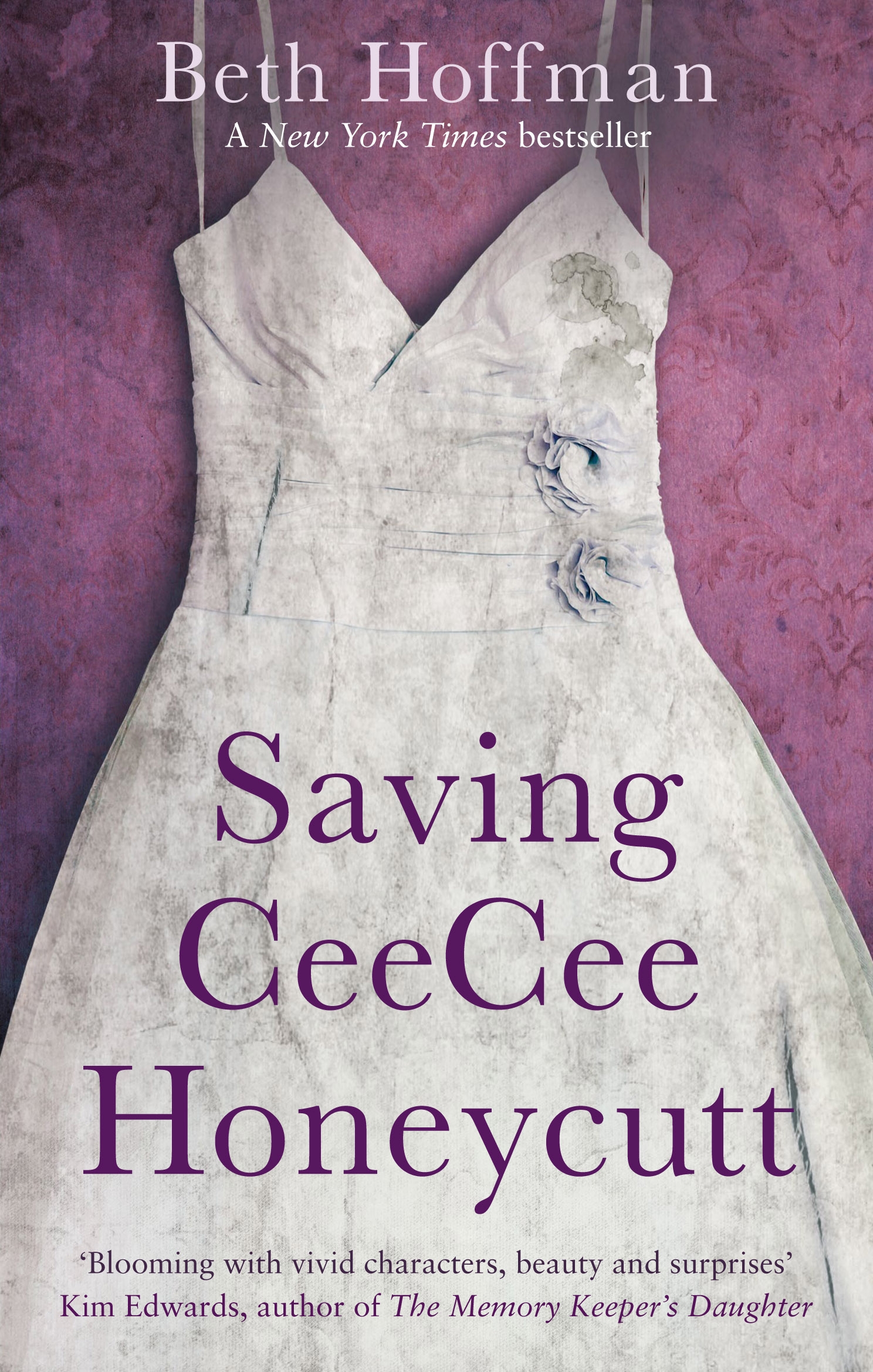By Jonathan Safran Foer
Published by Little, Brown and Company
Published in 2009
ISBN: 0316069906
Can you handle the truth? It seems that I can't.
For a long time, I have been bothered by this vague notion that the fact that I eat meat does not entirely jive with the fact that I am not only an animal lover but one of those people who refuses to even kill a cockroach. This isn't for any religious or ideological reason. It's just that I am a huge softie. I want to adopt all stray dogs. And cats. And some of the squirrels in our local park. Of course I can't do this. I am bound by the necessary constraints of a thing called reality (and the protestations of my incredibly patient husband) which dictate that one large dog within one smallish apartment is quite enough.
Reality bites. But I had no idea exactly how hard it would bite me when I borrowed this book from the library. I mean, let's all be honest. Those of us who choose to eat meat rationally know, somewhere in a dark corner of our minds, that an animal had to die for us to be tucking into the juicy steak/ bucket of deep fried wings/ meat pie in front of us. Obvious stuff. Even further back, we probably acknowledge that given the world population and the existence of places called 'meat works' that this process is not likely to be very gentle or even totally humane. But for me, this acknowledgement was pushed way way back behind lots of disused boxes and debris to the darkest annex of my mind called Denial. Cognitive dissonance - the process of two totally opposing views living side by side in one person's headspace. Something has to give.
So why on earth did I decide to read this book? Or at least, attempt to read it because I should be very honest with you all right now: I could not finish this book. I guess it was because I wanted to face the truth. To test my meat eating. To see if I could handle the facts of where our meat comes from.
Test result: Abject failure.
Real life result: I can no longer eat chicken that has been processed through a meat works.
The big problem is that the people I live with are avid carnivores and I need to be able to continue to at least cook with chicken. My proposed compromise on this issue is that I am going to attempt to change the source of the chicken meat. Living, as I do, in a country where I don't speak very much of the language, certainly not enough to engage in any meaningful debate about the whys and wherefores of the origin of any meat with any shop vendor, this is not going to be easy. However, my plan is to try to get my meat from the traditional markets. They have live chickens at the market and they will kill them for you on the spot. Although this may not sound like much of a compromise to some people out there, trust me if you had read the description that I had of how chickens are slaughtered on masse, you might change your mind.
You see, in all honesty, I still want to eat meat. I enjoy it (don't judge!) But now I want to eat meat in a way that causes the least amount of suffering to the animals that end up on my plate. So a quick, individualized kill at the market seems to me, at this stage, to be a better death than one at the processing plant. And I should be woman enough to look my future chicken soup in the eye before I eat it right? We shall see how I really feel about this when I scrape together the courage to actually do this in a few days.
Although I do feel bad that I wasn't able to finish the whole book, but I think that as far as what it's aim was: to make its reader seriously consider their relationship with the food they eat, it succeeded. I'd like to think that Mr. Foer will forgive me for not making it to the last page in light of the adjustments I am making in what and how I eat.
This isn't one of those books that you can recommend or not. It's something that I feel probably every single person should read, at the very least so that they an make some informed decisions about what they put in their mouths every day. It is a hard read, but Jonathan Safran Foer is an excellent writer who makes the topic engaging, thought provoking and best of all, not preachy or guilt inducing. I couldn't handle the whole truth but I don't regret that I have been exposed to it.






















